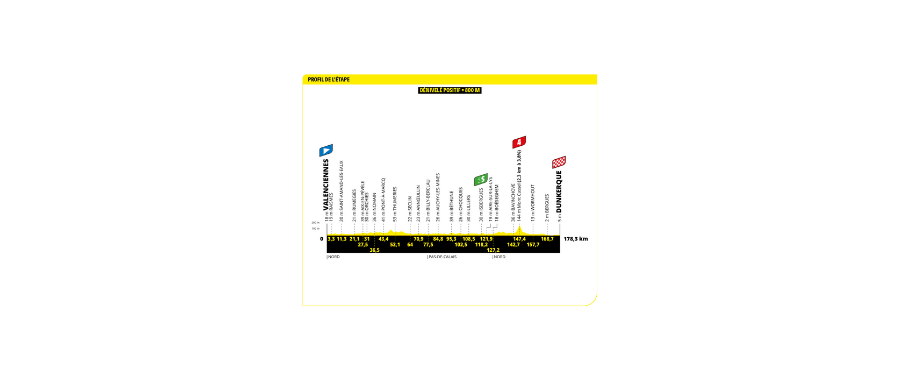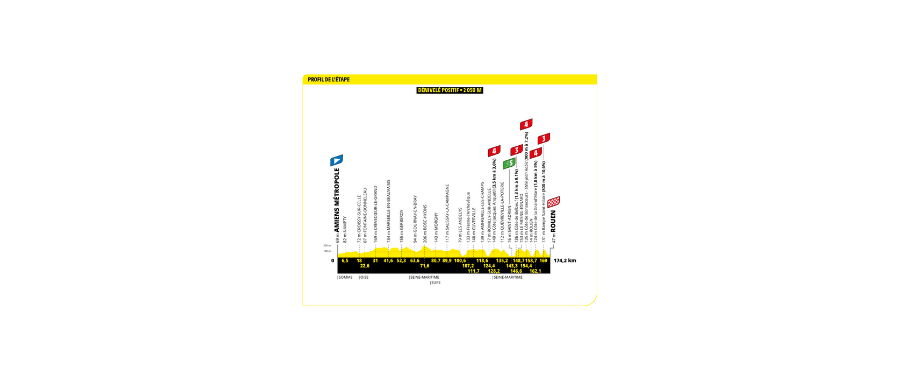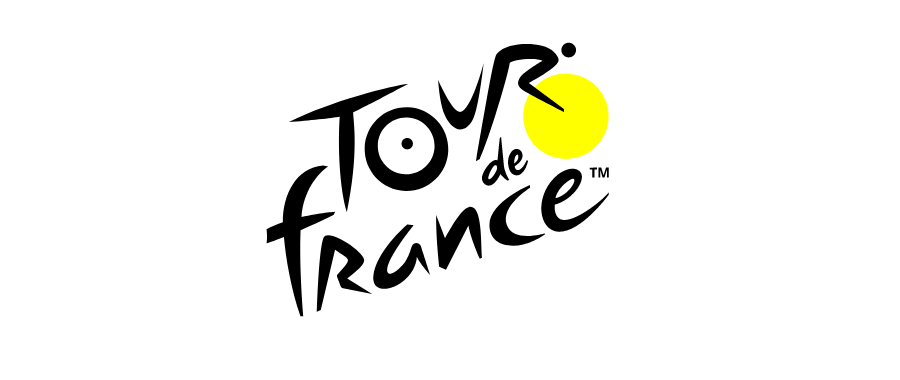Gino Bartali was already a two-time Giro d’Italia champion (1936 and 1937) when he made his debut at the Tour de France in the summer of 1937.
The years leading up to World War II were marked by mounting political and military tensions across Europe. In 1936, the same year Nazi Germany violated the Treaty of Versailles by reoccupying the demilitarized Rhineland, both Germany and Italy boycotted the Tour de France. But by 1937, they had returned. Fascist regimes often glorified athletic success as a symbol of national strength, and Italy’s dictator Benito Mussolini was no exception. He sought an Italian victory at the Tour as a propaganda triumph. Italy had already produced a Tour de France champion—Ottavio Bottecchia, winner in 1924 and 1925—but his mysterious death in 1927 and his known leftist sympathies made him an unsuitable figure for Fascist celebration. Mussolini needed a new hero, one whose victories could be claimed as triumphs of Fascist Italy.
After six mostly flat stages, the race entered the mountains on Stage 7—a grueling 228 km route from Aix-les-Bains to Grenoble featuring the Col du Télégraphe and the Col du Galibier. Bartali seized the stage win and took the yellow jersey, establishing a lead of more than nine minutes in the general classification. He was now the clear favorite to win.
However, disaster struck in the very next stage. While trying to avoid a collision with a teammate, Bartali crashed and fell into a river. Although he managed to complete the stage and retain the yellow jersey, the crash took a toll on his condition. His performance declined steadily over the following days. He lost the overall lead after Stage 9, which included the climbs of the Col d’Izoard, Col de Vars, and Col d’Allos, and ultimately withdrew from the race during Stage 12.
Bartali returned to the Tour de France in 1938, having been ordered to skip that year’s Giro d’Italia to stay fresh. The strategy paid off—he won the race. A decade later, in 1948, he claimed his second Tour de France victory, solidifying his legacy as one of cycling’s great champions.
Yet Bartali’s most profound legacy may not lie in his cycling records, but in his quiet defiance of the regime he once symbolically served. During World War II, Bartali used his fame and freedom of movement as a cyclist to help rescue Jews from Nazi persecution. Under the guise of training rides, he secretly transported forged identity papers hidden in his bicycle frame. He also sheltered a Jewish family in a cellar he owned. Bartali never spoke publicly about these activities; only decades later did testimonies come to light. In 2013, Yad Vashem recognized him as Righteous Among the Nations.
Interesting coincidence: also Fausto Coppi celebrated his first Tour de France stage victory on the 7th July, in 1949
Want to learn more about the Coppi vs. Bartali rivalry? Click here to start the journey>>
TODAY'S PROGRAM AT TOUR DE FRANCE 2025
Stage 3 Valenciennes – Dunkirk (178 km)
Peloton is reaching Dunkerque/Dunkirk on Stage 3. CHATGPT PREDICTION The Scene Classic sprinter day.… Read More »Stage 3 Valenciennes – Dunkirk (178 km)
NEXT STAGES AT TOUR DE FRANCE 2025
Stage 4 Amiens – Rouen (173 km)
The Tour’s first three stages Tour de France 2025 delivered exactly what was projected: early chaos from wind,… Read More »Stage 4 Amiens – Rouen (173 km)
Stage 6 Bayeux – Vire (201 km )
The 6th stage of Tour de France 2025 will be held on the 10 July 2025. ON… Read More »Stage 6 Bayeux – Vire (201 km )
Stage 5 Caen – Caen (33 km ITT)
Finally, Caen gets its double host status. Both start and finish will take place in the city celebrating… Read More »Stage 5 Caen – Caen (33 km ITT)
Stage 7 Saint-Malo – Mûr-de-Bretagne (194 km)
Tour de France 2025 visits Bretagne. Tour de France 2025 stage 7


